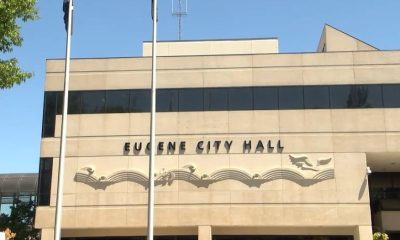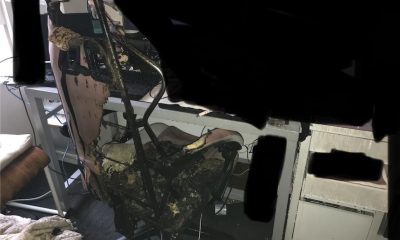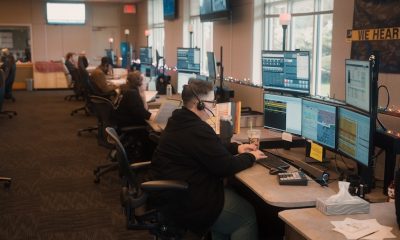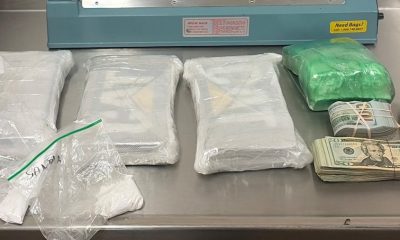Uncategorized
Oregon County Offering DIY Coronavirus Contact Tracing Tips
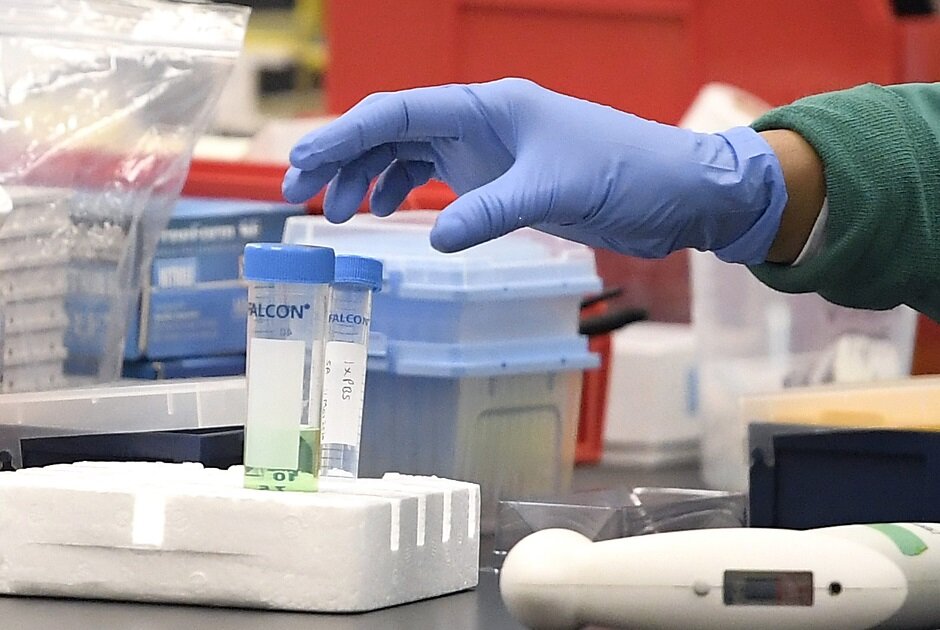
With a surge in COVID-19 cases overwhelming public health workers, Jackson County is offering do-it-yourself contact tracing tips for those who test positive for the virus.
The county is urging people to contact their close contacts right away.
A close contact is someone who has been within 6 feet of a COVID-19 infected person for at least 15 minutes.
County contact tracers may not be able to reach out to everyone who tests positive for COVID-19, or there may be a lag due to the high volume of cases.
“Call, email, or text close contacts as soon as possible. Timing matters!” county officials said on a new website page filled with advice for people who test positive for COVID-19.
The information is at www.jacksoncounty.org\/News\/ArtMID\/387\/ArticleID\/7\/If-You-Test-Positive-for-COVID-19.
Jackson County is also putting the message out via social media.
COVID-19 positive people are being advised to tell their close contacts to stay home, keep away from others and get tested for the virus.
“They can talk to their doctor about getting a test, call 2-1-1 if they don’t have a doctor, or get tested at a community test site. It’s best if they wait 4-5 days from when they were around you before taking a test. The test may not work if they get tested too soon. They should stay home and away from others while they wait. No matter the test result, your close contacts should quarantine at home for 14 days since you were last together,” the county advises.
The county offers additional advice:
— Because of the high number of people who are getting COVID-19, not everyone who is positive will get a call from a public health worker. Public health workers will focus first on those most at risk of serious illness or spreading the virus to a lot of other people.— A public health worker doing case investigation may call you if you test positive. These workers help slow the spread of the virus by finding out who you may have infected and keeping them from spreading the virus to others.— If public health calls you, let them know your close contacts and the places you visited. If you haven’t reached out to your close contacts already, the public health worker will help you identify and inform them.— All information you share will be kept private and is not shared with the federal government, U.S. Immigration and Customs Enforcement or your landlord.— Health workers will not ask for Social Security numbers, bank information or credit card information.— Call 2-1-1 if you need support for isolation or quarantine. 2-1-1 will connect you to organizations that can help with resources you may need, including groceries, financial support, help with rent and other essentials. If you cannot self-isolate, we will work with you to explore your options.— Seek emergency medical care if someone has trouble breathing, persistent pain or pressure in the chest, new confusion, an inability to walk or stay awake, or a bluish face or lips. Contact your medical provider for symptoms that are less severe. Before going to a hospital or doctor’s appointment, call to let the facility know a person has or may have COVID-19.
Other Oregon counties facing spikes in cases, including Multnomah County in the Portland metro area, are also urging the public to help on the contact tracing front.
“The many counties that are experiencing a surge in cases are encouraging anyone who tests positive for COVID-19 to notify people that they have been in close contact with. We are doing this because we may not interview the case in the most timely fashion to identify their close contacts, notify their close contacts and monitor their close contacts for COVID-19 symptoms,” said Jackson County Health Promotion Program Manager Tanya Phillips.
This past week, Jackson County reported 500 new COVID-19 cases, plus 13 deaths. Those 500 people each came into contact with widely varying numbers of other people, depending on how much they had been socially isolating.
The county has seen 500 or more cases per week every week in November.
Earlier in the pandemic, a county case investigator would reach out to each person who tested positive for COVID-19 to identify the people that person had been around. Together they would figure out the person’s close contacts.
A case investigator would then hand off a list of close contacts to a contact tracer, who would start notifying those people to stay home for 14 days.
“The case investigators are overwhelmed by the volume of cases,” said Nichole Brickey, a Jackson County Public Health nurse and contact tracing manager.
The county has about 27 case investigators and 20-25 contact tracers. It’s working to build up its case investigator and contract tracing teams, she said.
She said the county isn’t forcing anyone with COVID-19 to inform their close contacts. That help is voluntary.
“We’re telling people if there are people in your household or other people you feel comfortable talking with, please reach out and let them know. We’re not telling people to do anything they’re not comfortable with,” Brickey said.
She said the public can also help by cooperating when a case investigator or contact tracer calls.
“It’s not punitive. We aren’t here to judge you if you were around other people,” Brickey said.
She said case investigators and contact tracers get mixed reactions when they call people.
“Some people really want to cooperate and they go above and beyond. Other people just don’t want to do it,” Brickey said.
Jackson County has been getting help with contact tracing from Josephine County and the Oregon Health Authority, said Dr. Jim Shames, Jackson County’s public health official.
He’s not sure if Josephine County can keep helping since that neighboring county is now seeing rising cases.
Cases are surging to record levels statewide. Oregon broke another one-day reporting record with 1,509 COVID-19 cases Saturday.
Also on Saturday, the state reported seven new deaths in Oregon — with four of those in Jackson County and the other three in Douglas, Washington and Columbia counties.
“The big picture is that we don’t have the capacity or the resources to do contact tracing the way we had been doing it,” Shames said.
-

 Eugene3 days ago
Eugene3 days agoTwo-alarm house fire displaces Eugene family in University neighborhood
-
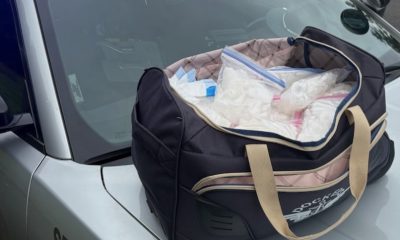
 Oregon3 days ago
Oregon3 days agoTraffic stop near Cottage Grove leads to seizure of more than 40 pounds of methamphetamine
-
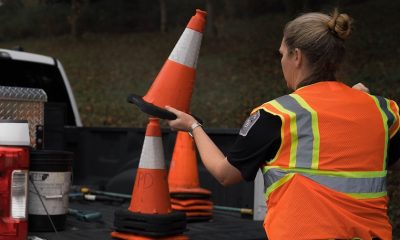
 Eugene3 days ago
Eugene3 days agoEPD warns after multiple crashes during rainy morning commute in Eugene
-
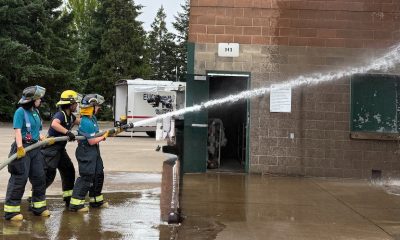
 Eugene3 days ago
Eugene3 days agoEugene Springfield Fire opens applications for 15th annual young women’s fire camp
-
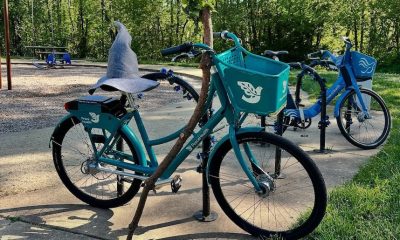
 Eugene3 days ago
Eugene3 days agoEugene officials report record ridership for PeaceHealth Rides bike share

